Finding the right life insurance coverage between ages 70 and 79 presents unique challenges, but it’s far from impossible. While premiums are higher and options more limited than at younger ages, several quality policies remain available to provide financial protection for your loved ones. This comprehensive guide explores everything seniors need to know about securing appropriate coverage, comparing costs, and navigating the application process at this stage of life.
Key Challenges for Life Insurance for Seniors 70-79
Seniors in their 70s face several obstacles when seeking life insurance coverage. Understanding these challenges helps in navigating the application process more effectively.
Higher Premiums
Life insurance rates increase significantly with age. By 70, premiums can be 5-10 times higher than those for someone in their 50s for the same coverage amount. This is because insurance companies calculate risk based on life expectancy, which naturally decreases with age.
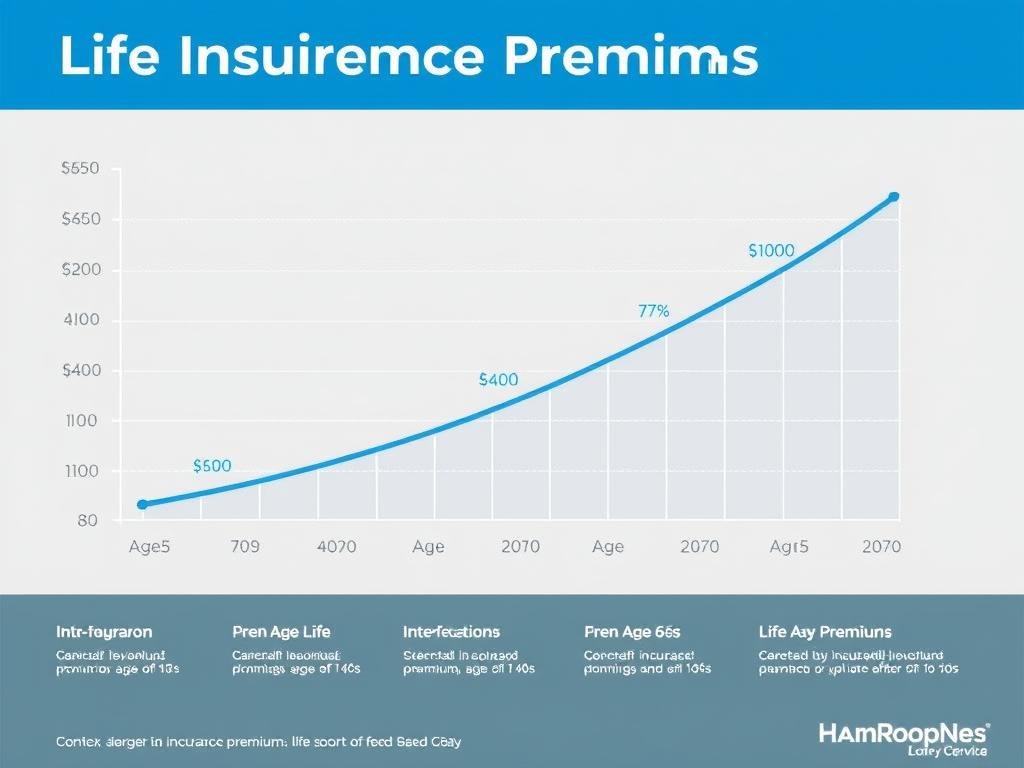
Health Considerations
Pre-existing conditions become more common with age. Conditions like high blood pressure, diabetes, heart disease, and cancer history can significantly impact both eligibility and premium rates. Some insurers may deny coverage altogether for certain health conditions at this age range.

Limited Policy Options
Many traditional term life policies have maximum issue ages of 75 or lower. Longer-term policies (20+ years) are typically unavailable for those over 70. This narrows the range of available products and may force seniors to consider more expensive permanent policies.
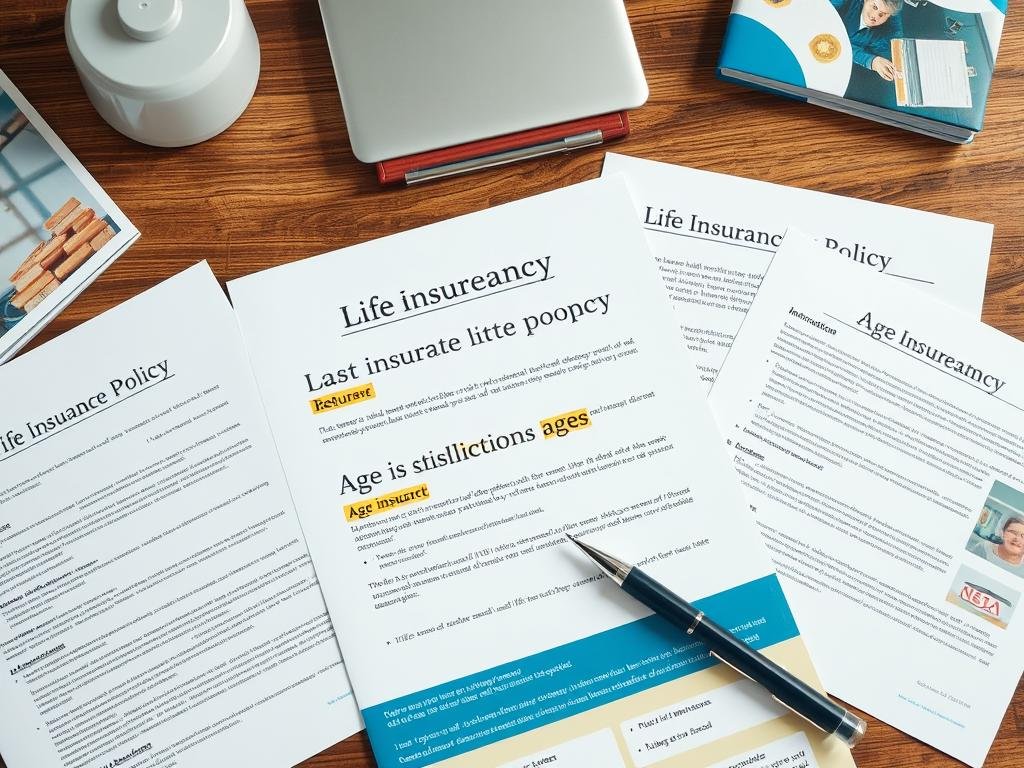
Stricter Underwriting
Insurance companies apply more rigorous medical underwriting for seniors. This often includes comprehensive medical exams, detailed health questionnaires, and review of medical records. The process can be more invasive and time-consuming than for younger applicants.

Need Help Navigating Senior Life Insurance Options?
Our licensed insurance advisors specialize in finding coverage for seniors aged 70-79, even with health conditions.
Or call us at: 1-800-123-4567
Types of Life Insurance Policies Available for Seniors 70-79
Despite the challenges, several types of life insurance policies remain available to seniors in their 70s. Each comes with distinct advantages and limitations worth considering.
Term Life Insurance

Term life insurance provides coverage for a specific period (term), typically 10-15 years for seniors 70-79. It offers the highest death benefit for the lowest premium but expires after the term ends.
Key Features:
- Maximum issue age usually 75-80
- Term lengths limited to 10-15 years
- Lower premiums than permanent insurance
- No cash value accumulation
- Medical exam typically required
Best for: Healthy seniors with temporary coverage needs, such as covering a mortgage or other finite obligations.
Whole Life Insurance

Whole life insurance provides permanent coverage that lasts your entire lifetime with fixed premiums. It includes a cash value component that grows over time at a guaranteed rate.
Key Features:
- Lifetime coverage with fixed premiums
- Cash value growth component
- Higher premiums than term insurance
- Potential dividend payments (with participating policies)
- Medical exam typically required
Best for: Seniors seeking permanent coverage with cash value accumulation and estate planning benefits.
Guaranteed Issue Life Insurance
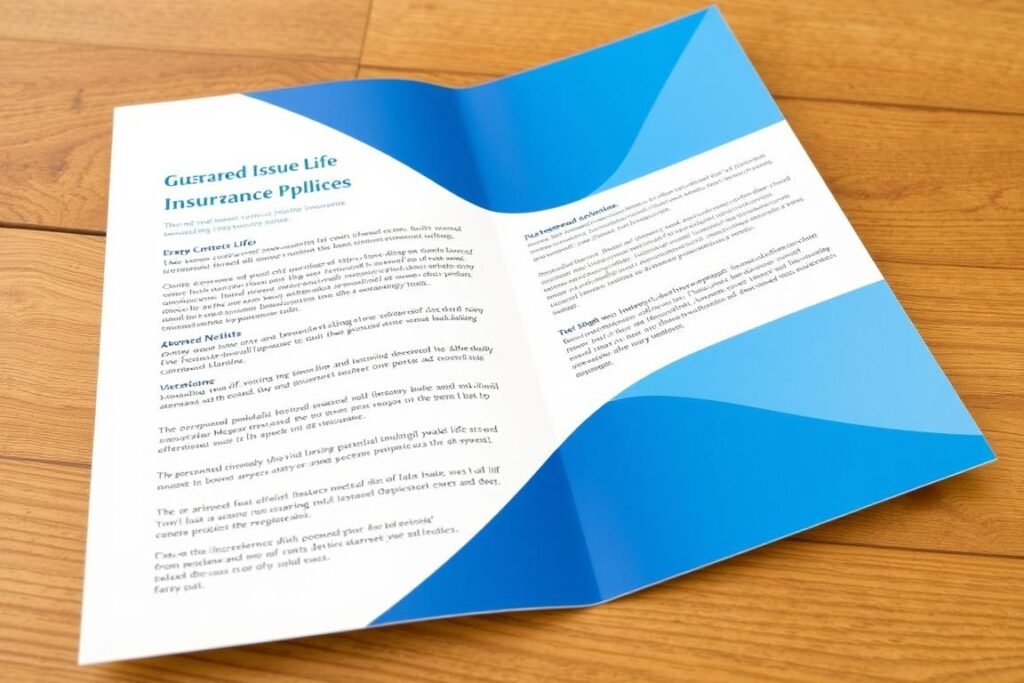
Guaranteed issue policies offer acceptance without medical questions or exams. Coverage is guaranteed regardless of health status, but premiums are higher and death benefits are lower.
Key Features:
- No medical questions or exams
- Guaranteed acceptance
- Higher premiums for coverage amount
- Lower death benefits ($5,000-$25,000 typically)
- 2-3 year graded death benefit period
Best for: Seniors with serious health conditions who cannot qualify for traditional policies but need some coverage.
Final Expense Insurance
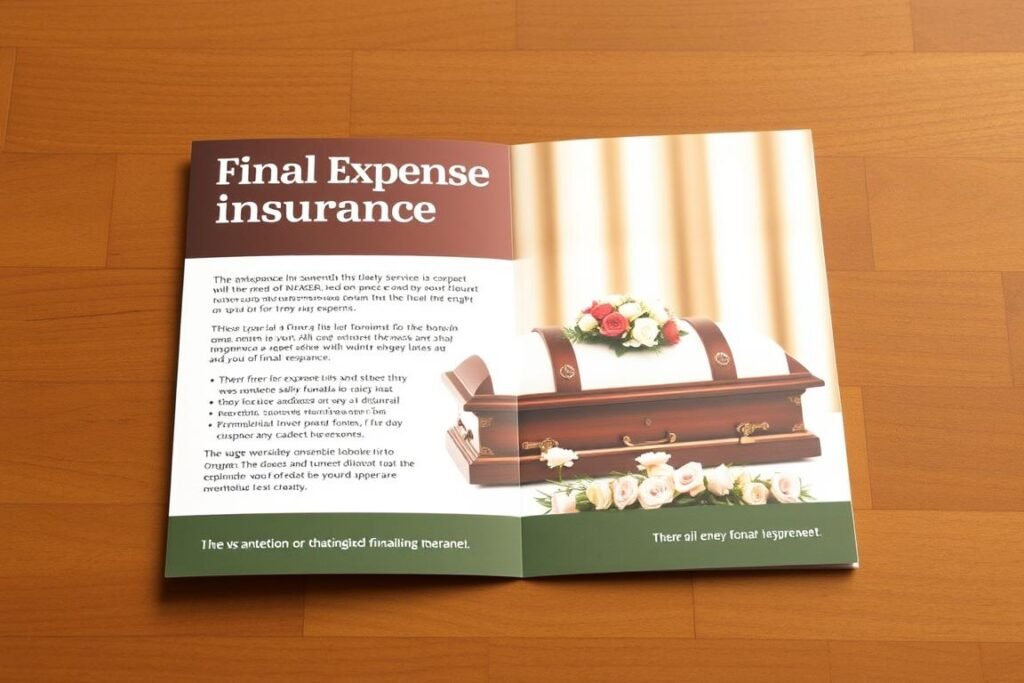
Final expense insurance is a type of whole life policy specifically designed to cover end-of-life expenses like funeral costs, medical bills, and other debts. It offers smaller coverage amounts with simplified underwriting.
Key Features:
- Coverage amounts typically $5,000-$50,000
- Simplified underwriting (fewer health questions)
- Permanent coverage with level premiums
- Small cash value component
- Quick approval process
Best for: Seniors wanting to ensure funeral costs and final expenses won’t burden their families.
Simplified Issue Life Insurance

Simplified issue policies offer a middle ground between fully underwritten and guaranteed issue insurance. They require answering health questions but no medical exam, with moderate coverage amounts.
Key Features:
- No medical exam (health questions only)
- Coverage amounts typically $25,000-$100,000
- Faster approval than fully underwritten policies
- Higher premiums than fully underwritten policies
- Available as term or permanent insurance
Best for: Seniors with minor health issues who want to avoid medical exams but need more coverage than guaranteed issue offers.
Universal Life Insurance

Universal life insurance offers permanent coverage with flexible premiums and death benefits. It includes a cash value component that can grow based on current interest rates.
Key Features:
- Flexible premium payments
- Adjustable death benefits
- Cash value growth tied to interest rates
- More complex than whole life
- Medical exam typically required
Best for: Seniors seeking premium flexibility and the potential for cash value growth with permanent coverage.
Cost Factors for Life Insurance for Seniors 70-79
Several key factors influence the cost of life insurance for seniors in their 70s. Understanding these variables can help you find more affordable coverage options.
Age-Specific Pricing
Age is the most significant factor affecting premiums. Each year after 70 typically increases rates by 8-10%. For example, a policy at age 75 could cost nearly 50% more than the same policy at age 70.
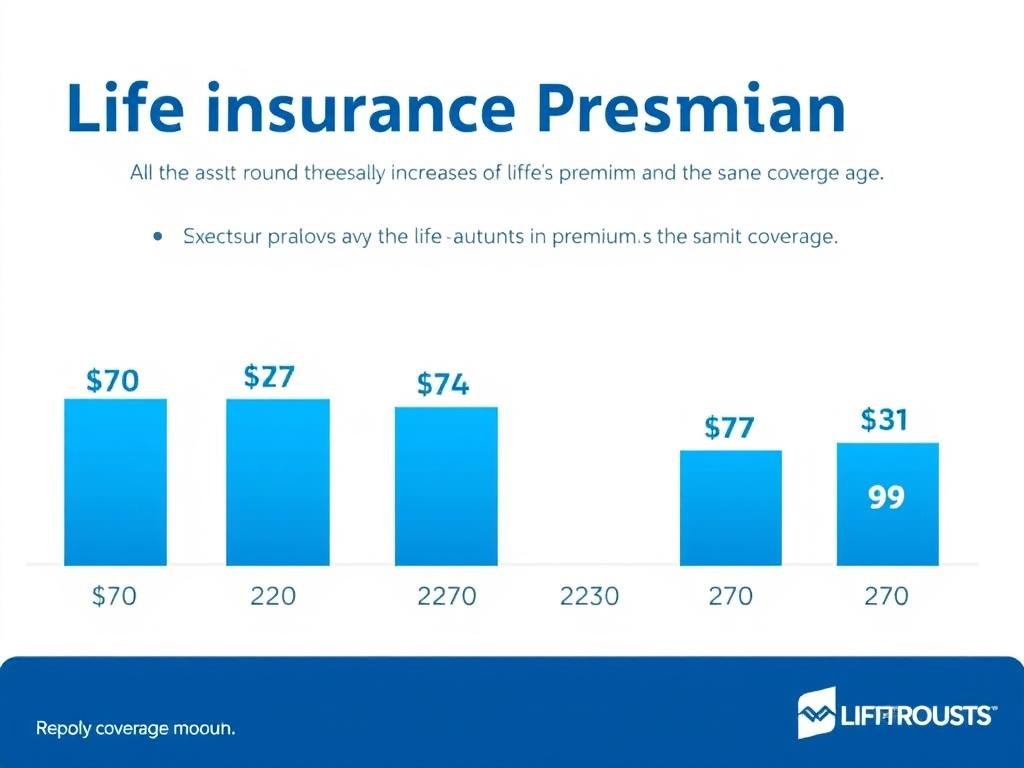
Health Classification
Insurance companies typically place applicants in health categories that determine pricing. For seniors 70-79, these often include Preferred, Standard, and Substandard classifications, with each step down potentially increasing premiums by 25-50%.
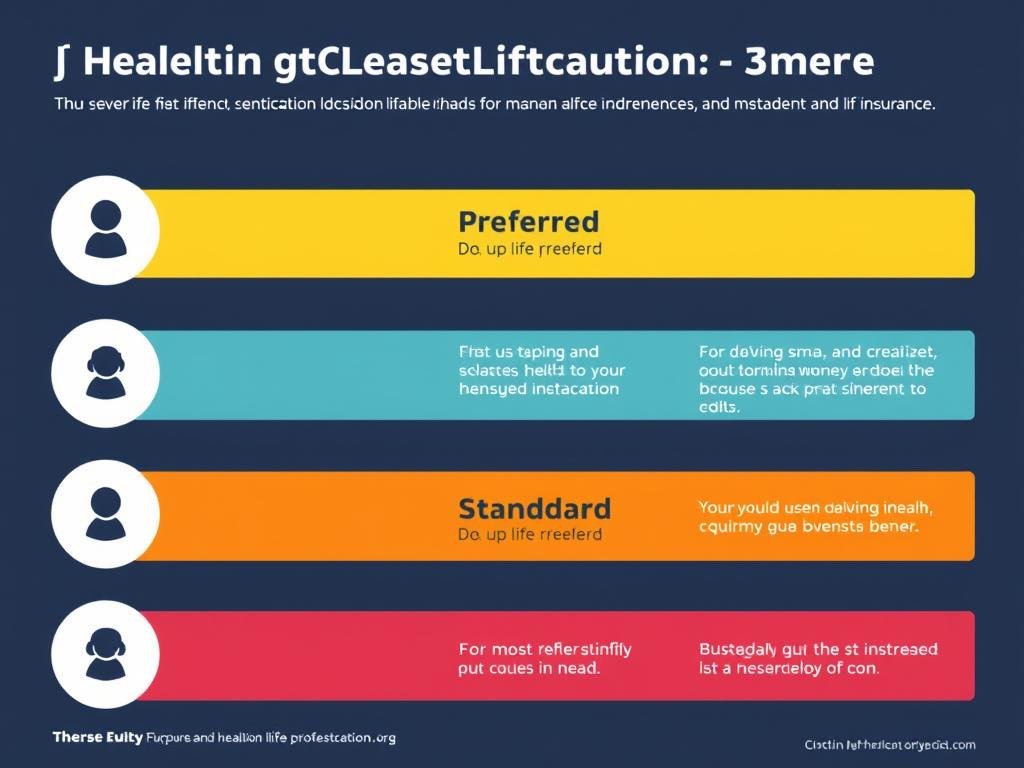
Coverage Amount
The death benefit amount directly impacts premiums. Many seniors find that reducing coverage to what’s actually needed (rather than maximum available) can make policies more affordable. Consider your specific financial obligations when determining coverage amount.
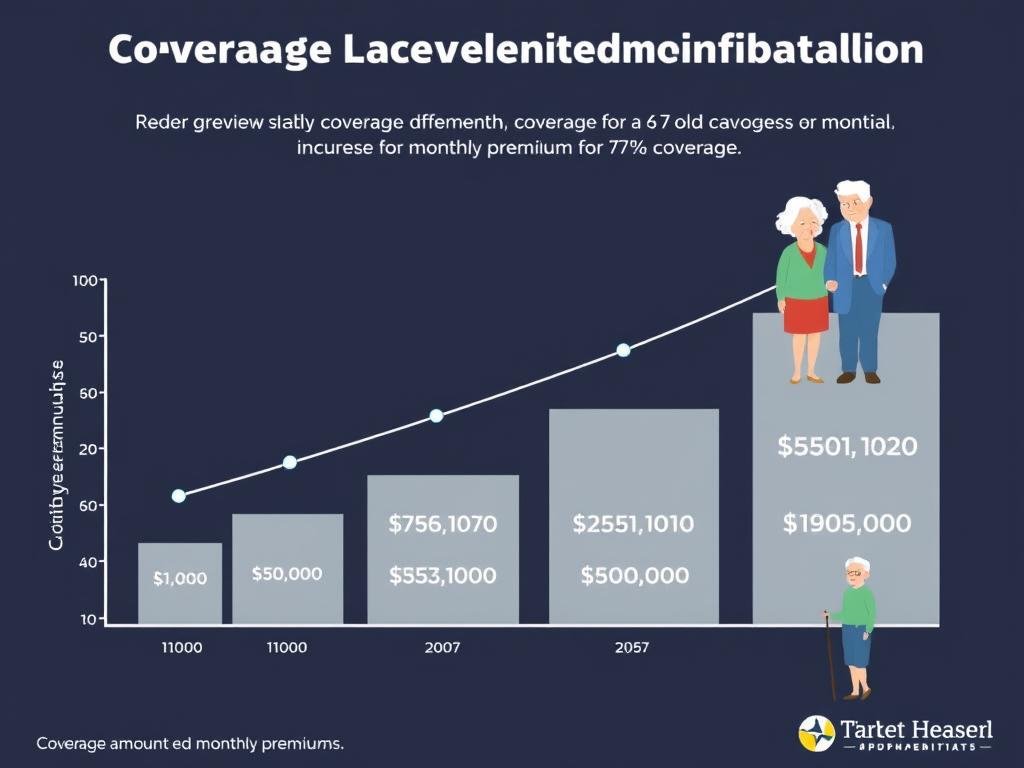
Policy Type
Different policy types carry vastly different premium structures. Term policies offer the lowest premiums but expire, while permanent policies cost more but provide lifetime coverage and additional features like cash value accumulation.
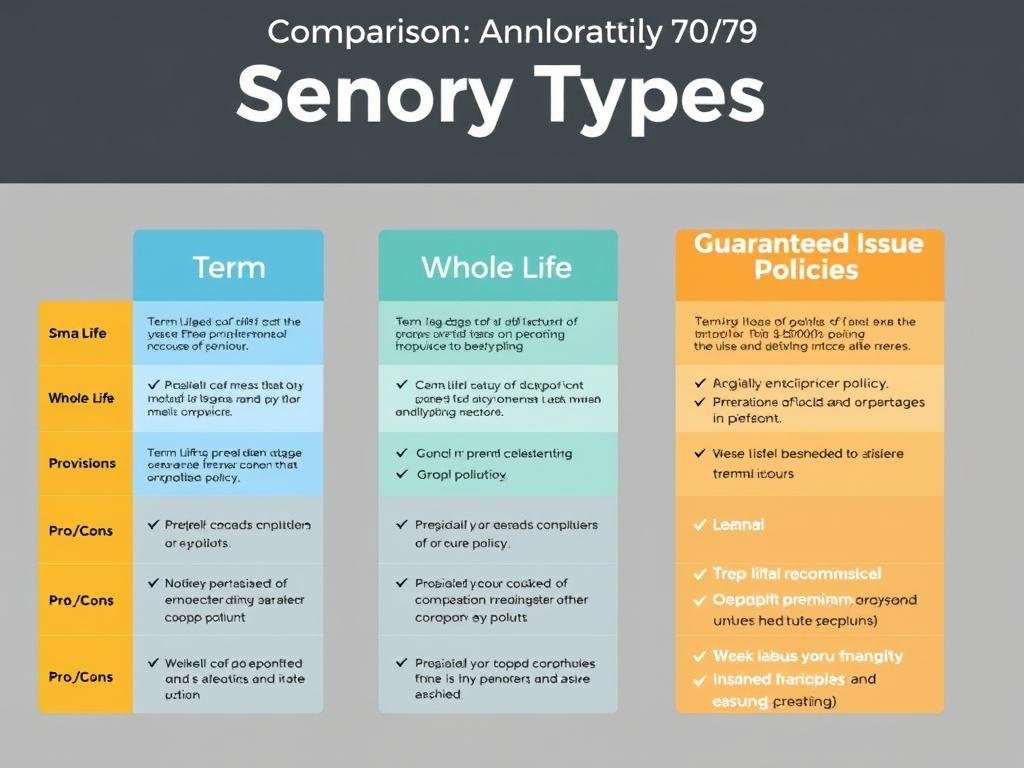
Gender
Women typically pay lower premiums than men of the same age due to longer average life expectancy. At ages 70-79, this difference can be substantial, with men often paying 20-40% more for identical coverage.
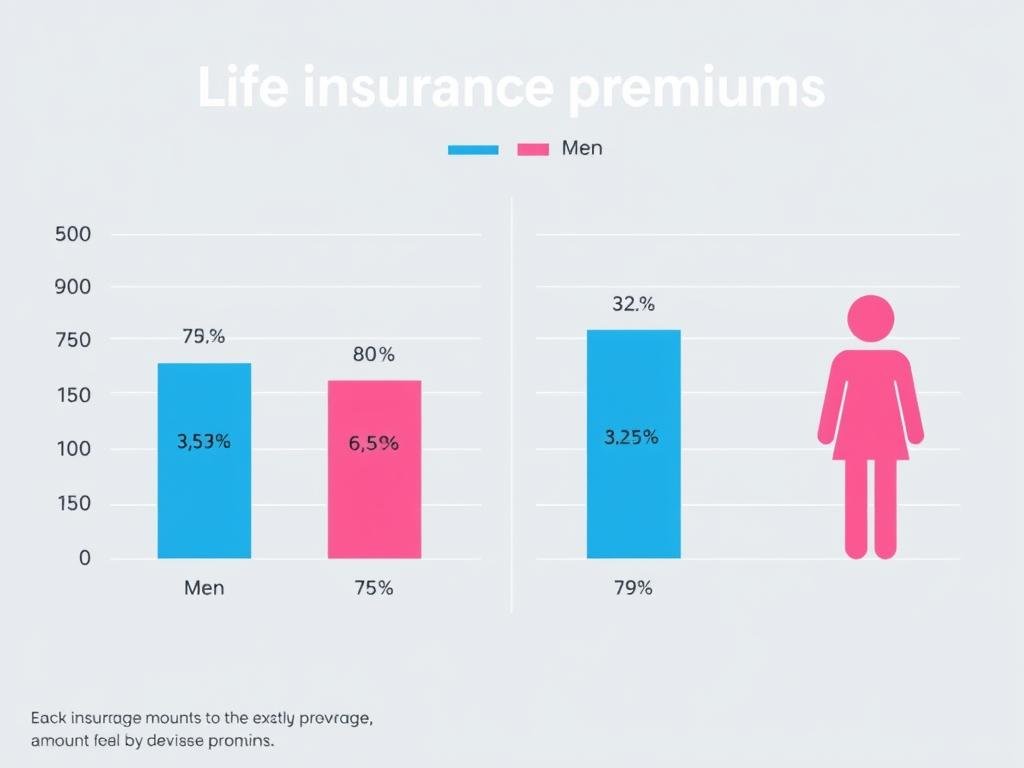
Lifestyle Factors
Even at advanced ages, lifestyle choices impact premiums. Tobacco use can double premiums, while factors like alcohol consumption, driving record, and even hobbies can affect rates. Many companies offer non-smoker discounts for those who have quit for at least 12 months.
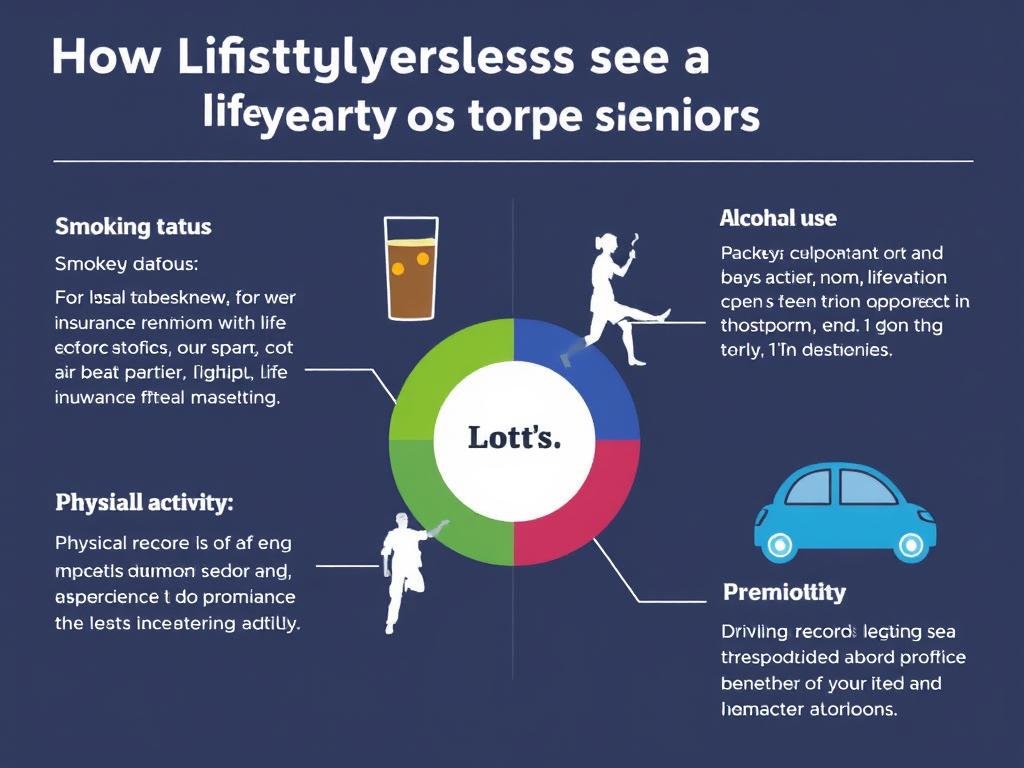
Sample Monthly Premium Comparison: Healthy 72-Year-Old vs. 72-Year-Old with Diabetes
| Policy Type | Coverage Amount | Healthy Male | Male with Diabetes | Healthy Female | Female with Diabetes |
| 10-Year Term | $100,000 | $189/month | $312/month | $124/month | $215/month |
| Whole Life | $50,000 | $328/month | $495/month | $287/month | $412/month |
| Final Expense | $25,000 | $173/month | $238/month | $142/month | $196/month |
| Guaranteed Issue | $25,000 | $225/month | $225/month | $185/month | $185/month |
Find Your Best Rate Based on Your Specific Situation
Our personalized quote comparison tool accounts for your age, health, and coverage needs to find the most affordable options.
Top Insurance Companies for Seniors Aged 70-79
Not all insurance companies are equal when it comes to senior coverage. These insurers stand out for their senior-friendly policies, competitive rates, and flexible underwriting for the 70-79 age group.
Mutual of Omaha

Standout Features:
- Issues policies up to age 85
- Excellent final expense and guaranteed issue options
- More lenient with certain health conditions
- Quick approval process
Best For: Seniors with health issues seeking guaranteed or simplified issue coverage.
Prudential
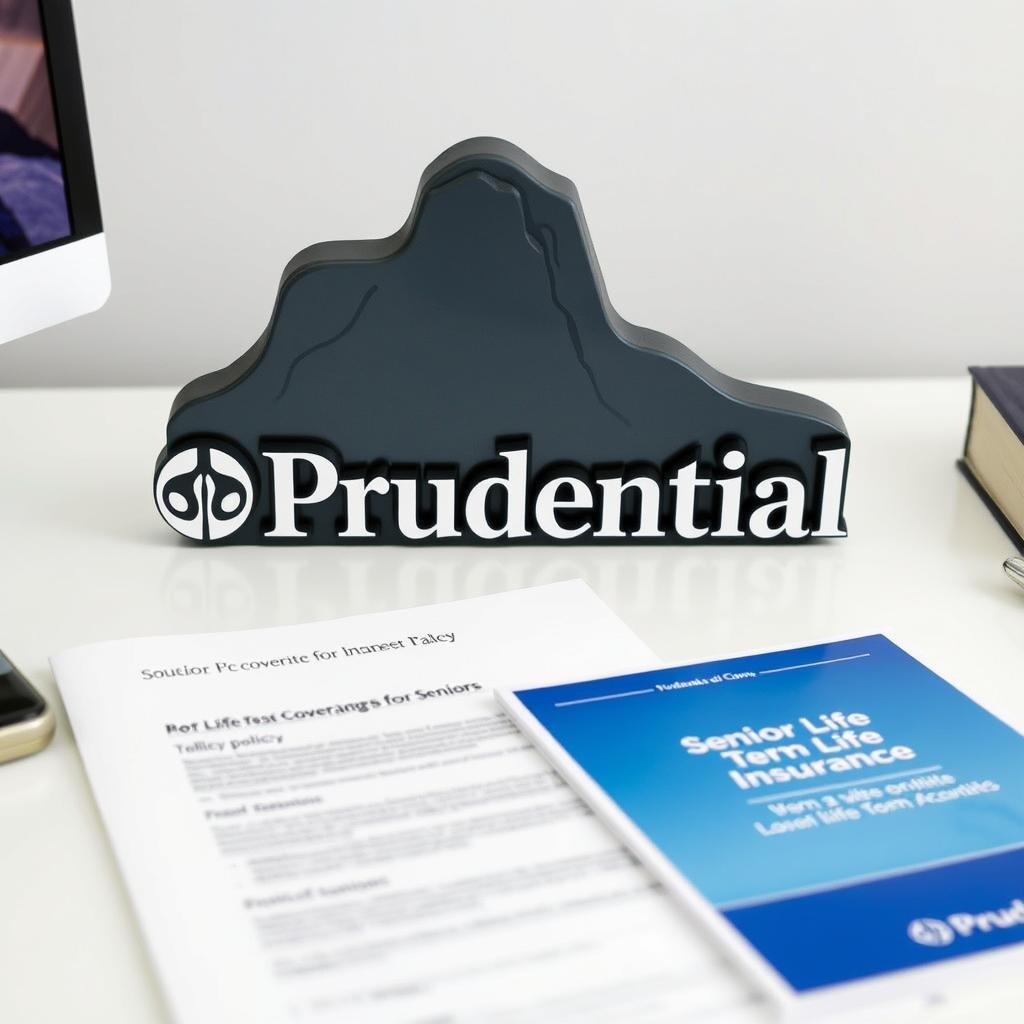
Standout Features:
- Competitive term life rates for seniors
- More flexible with common senior health conditions
- Strong living benefits riders
- High financial strength ratings
Best For: Relatively healthy seniors seeking term life insurance with competitive rates.
Pacific Life
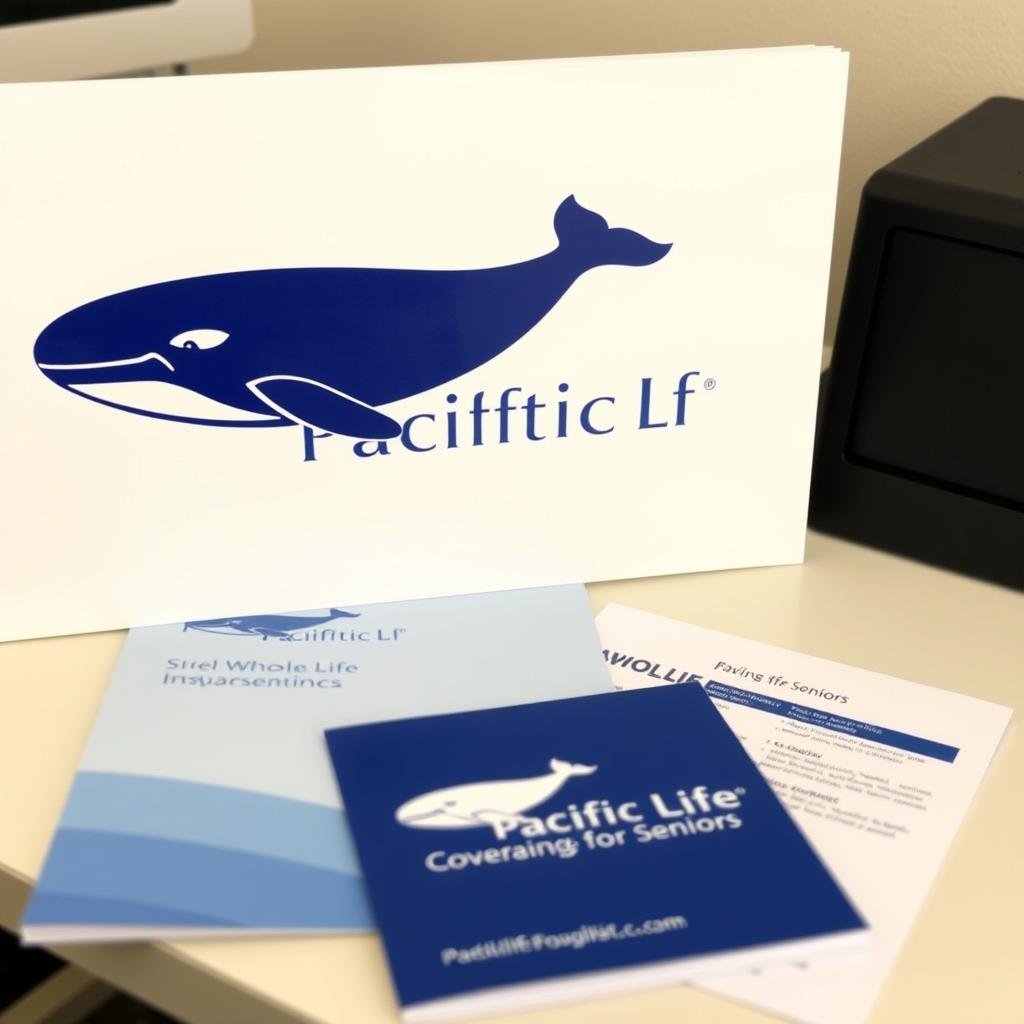
Standout Features:
- Competitive rates for ages 70-79
- Low minimum coverage amount ($50,000)
- Good for seniors with diabetes
- Strong permanent life options
Best For: Seniors seeking affordable permanent life insurance with flexible coverage amounts.
MassMutual

Standout Features:
- Strong whole life policies with dividend potential
- Excellent financial strength ratings
- Convertible term options
- Comprehensive rider options
Best For: Seniors seeking whole life insurance with strong cash value growth potential.
Protective
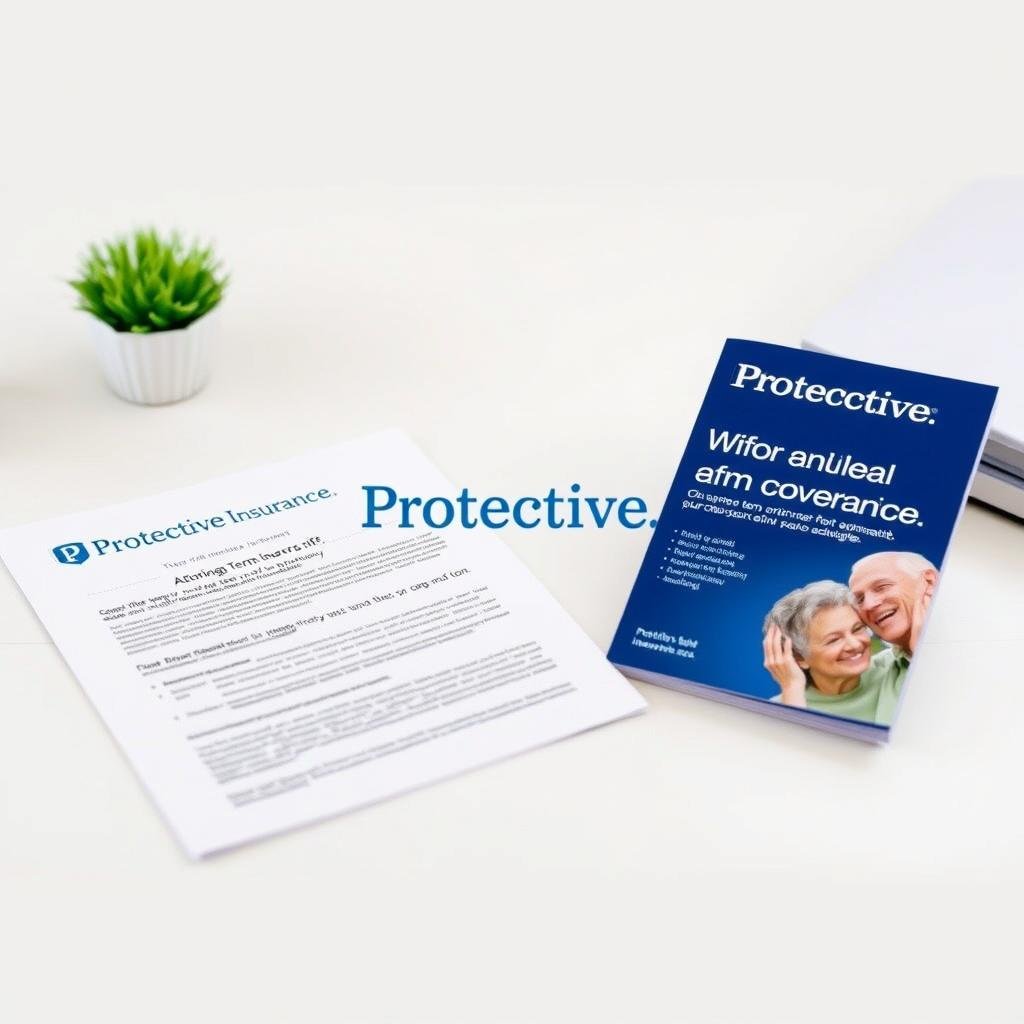
Standout Features:
- Some of the most competitive rates for seniors
- Issues policies up to age 80
- Good for seniors with well-controlled conditions
- Flexible term lengths
Best For: Budget-conscious seniors seeking the most affordable term coverage.
Company Comparison
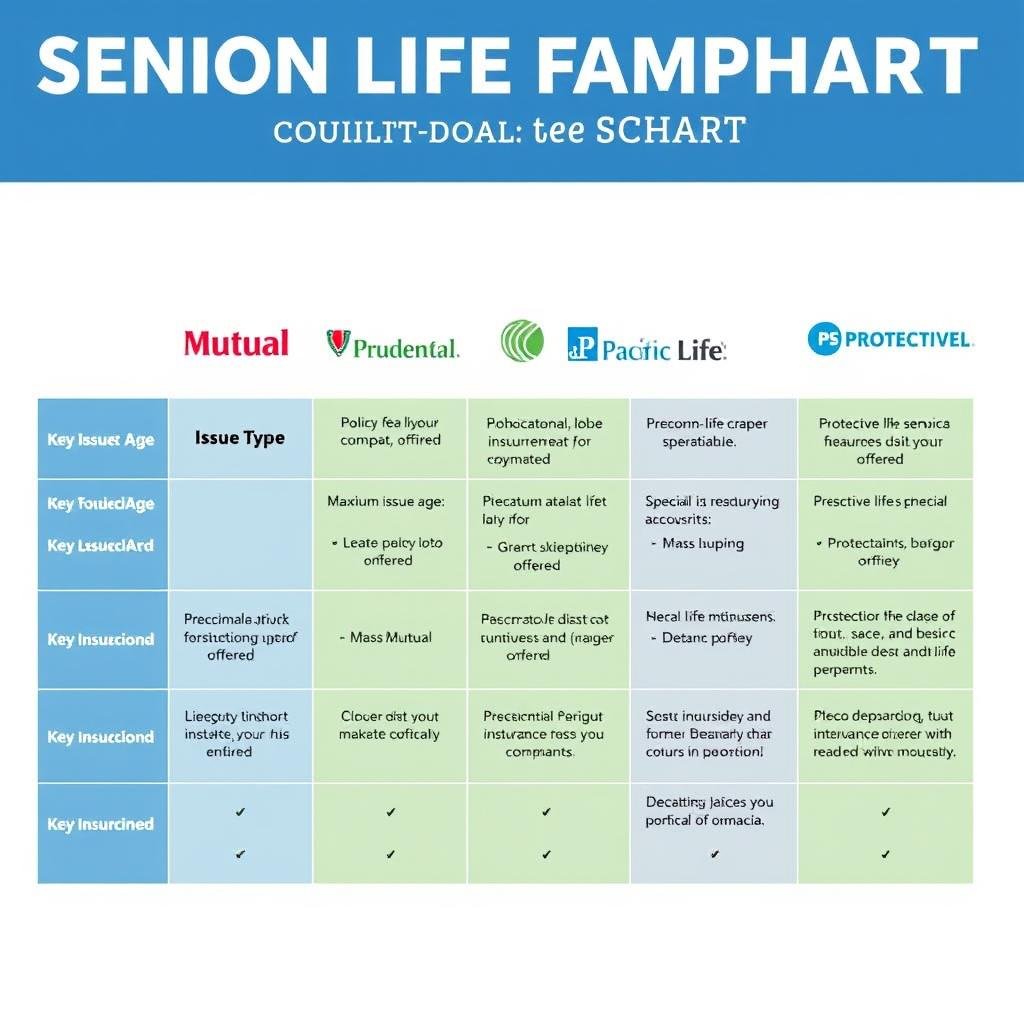
Each insurer has different strengths when it comes to senior life insurance. Some excel at competitive pricing, while others offer more flexible underwriting for health conditions common among seniors.
How to Choose the Right Company:
- Consider your specific health conditions
- Compare quotes from multiple providers
- Check financial strength ratings (A.M. Best, S&P)
- Review customer satisfaction scores
- Consider policy features beyond just price
Pro Tip: Work with an independent agent who specializes in senior life insurance to compare options across multiple companies.
Pros and Cons of Buying Life Insurance at Ages 70-79
Purchasing life insurance in your 70s comes with distinct advantages and disadvantages compared to buying at younger ages. Understanding these can help you make a more informed decision.
Advantages
- Peace of mind – Knowing final expenses won’t burden loved ones
- Estate planning benefits – Life insurance proceeds pass to beneficiaries tax-free
- Debt protection – Coverage for outstanding mortgages or other debts
- Simplified options available – No-exam policies for those with health issues
- Legacy creation – Leaving money for children, grandchildren, or charities
- Funeral expense coverage – Dedicated funds for burial and service costs
- Fixed premiums – Many policies offer level premiums that won’t increase
Disadvantages
- Higher premiums – Significantly more expensive than at younger ages
- Limited term lengths – Typically maximum 10-15 year terms available
- Stricter underwriting – More difficult to qualify with health issues
- Lower coverage limits – Maximum available coverage amounts may be restricted
- Waiting periods – Some policies have 2-3 year graded death benefits
- Less time for cash value growth – Permanent policies have less time to accumulate value
- Fewer rider options – Some beneficial riders may not be available
Unsure If Life Insurance Is Right for You at This Age?
Speak with our senior insurance specialists to evaluate your specific situation and explore your options.
Or call us directly: 1-800-123-4567
Alternatives to Traditional Life Insurance for Seniors 70-79
If traditional life insurance policies are unaffordable or unavailable due to health issues, several alternatives can help achieve similar financial protection goals.
Pre-paid Funeral Plans
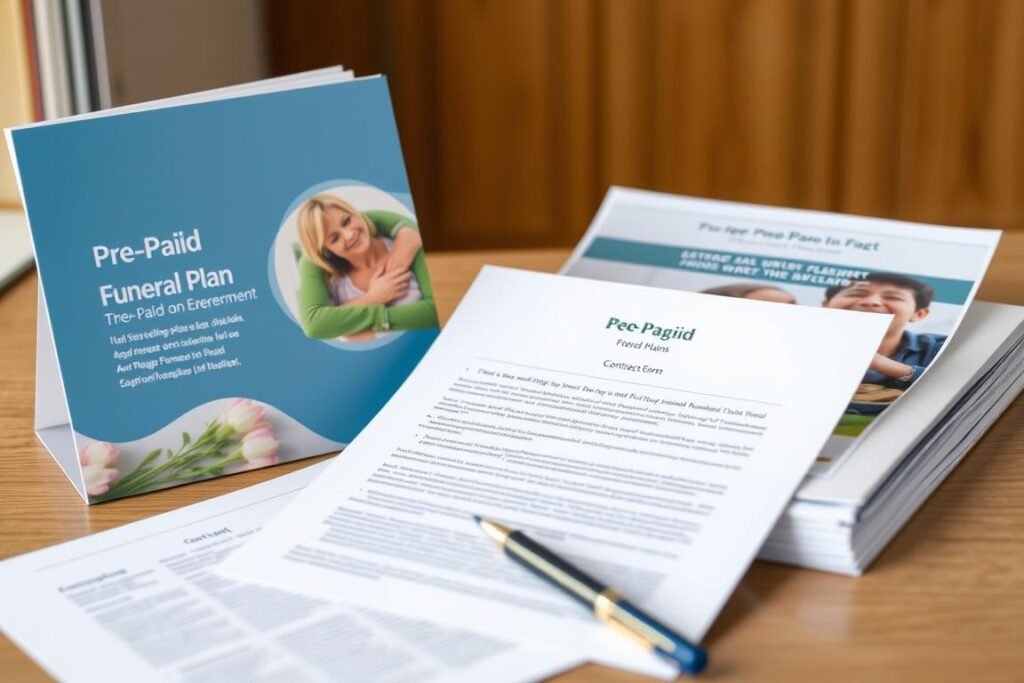
Pre-paid funeral plans allow you to arrange and pay for your funeral in advance, locking in today’s prices and removing this financial burden from your family.
Key Benefits:
- Lock in current prices
- Customize all funeral arrangements
- No medical underwriting required
- Payment plans often available
- Peace of mind for family members
Consideration: Ensure the plan is transferable if you move to another state, and verify the funeral home’s financial stability.
Funeral Trusts

Funeral trusts are specialized accounts designed to set aside funds specifically for funeral expenses. They offer potential Medicaid advantages and can be established regardless of health.
Key Benefits:
- No health qualifications
- Medicaid-exempt in many states
- Funds grow tax-advantaged
- Irrevocable option protects assets
- Can be established quickly
Consideration: Work with an elder law attorney to ensure proper setup for Medicaid planning purposes if applicable.
Payable-on-Death Accounts

POD accounts are regular bank accounts with a designated beneficiary who receives the funds upon your death, bypassing probate for quick access to funds for final expenses.
Key Benefits:
- Simple to establish at any bank
- No setup or maintenance fees
- Funds remain fully accessible during life
- Bypasses probate process
- No health requirements
Consideration: Funds are not protected from creditors during your lifetime and remain part of your taxable estate.
Life Settlements

If you already own a life insurance policy but can no longer afford the premiums, a life settlement allows you to sell the policy to investors for more than the surrender value but less than the death benefit.
Key Benefits:
- Immediate cash payout
- Higher value than policy surrender
- No more premium payments
- Option for policies you no longer need
- Works with various policy types
Consideration: The settlement amount is typically taxable, and beneficiaries will no longer receive the death benefit.
Self-Insurance

Self-insurance involves intentionally setting aside sufficient savings to cover the expenses that life insurance would otherwise pay for, such as funeral costs or legacy gifts.
Key Benefits:
- Complete control over funds
- No underwriting or qualification needed
- Potential for investment growth
- Flexibility to use funds for other needs
- No premium payments
Consideration: Requires significant discipline and may not provide the same tax advantages as life insurance death benefits.
Charitable Remainder Trusts
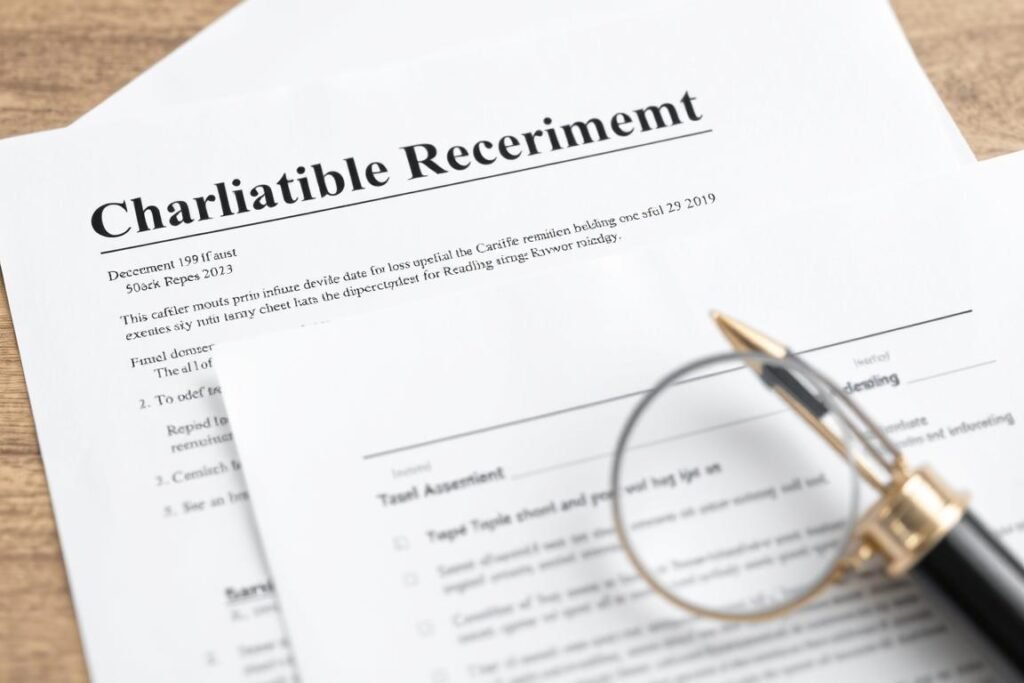
For those with charitable intentions, a CRT allows you to donate assets to charity while retaining an income stream during your lifetime and potentially providing for heirs.
Key Benefits:
- Immediate tax deduction
- Lifetime income stream
- Reduced estate taxes
- Support favorite charities
- Can replace life insurance function
Consideration: Requires substantial assets and professional setup with an estate planning attorney.
5 Actionable Tips to Improve Approval Chances and Reduce Premiums
These practical strategies can help seniors aged 70-79 secure better life insurance rates and improve their chances of policy approval.
1. Improve Your Health Metrics Before Applying
Even short-term health improvements can significantly impact your rates. Focus on metrics that insurers measure during medical exams.
- Lower blood pressure – Reduce sodium intake, increase physical activity, and take medications as prescribed
- Improve cholesterol levels – Increase fiber intake, reduce saturated fats, and consider medication if recommended
- Stabilize blood sugar – Follow diabetic diet if applicable, maintain consistent medication schedule
- Reduce BMI – Even modest weight loss can improve classification
Pro Tip: Schedule your medical exam in the morning after fasting overnight for optimal results.

2. Work With an Independent Agent
Independent agents who specialize in senior life insurance have access to multiple companies and know which ones are most favorable for specific health conditions.
- Company-specific knowledge – Agents know which insurers are more lenient with specific conditions
- Pre-qualification process – Can anonymously check rates before formal application
- Application guidance – Help present your health history in the most favorable light
- Multiple quote comparisons – Access to numerous companies for best rates
Pro Tip: Choose an agent who specializes in senior life insurance rather than a general insurance agent.

3. Consider Layering Policies
Rather than purchasing one large policy, consider multiple smaller policies of different types to optimize cost and coverage.
- Combine policy types – Mix term, whole life, and guaranteed issue for optimal coverage
- Stagger term lengths – Match different obligations with appropriate term lengths
- Diversify insurers – Different companies for different coverage needs
- Strategic coverage amounts – Larger amounts for term, smaller for permanent
Example: $50,000 10-year term policy for mortgage + $25,000 final expense policy for burial costs + $10,000 guaranteed issue policy for additional expenses.
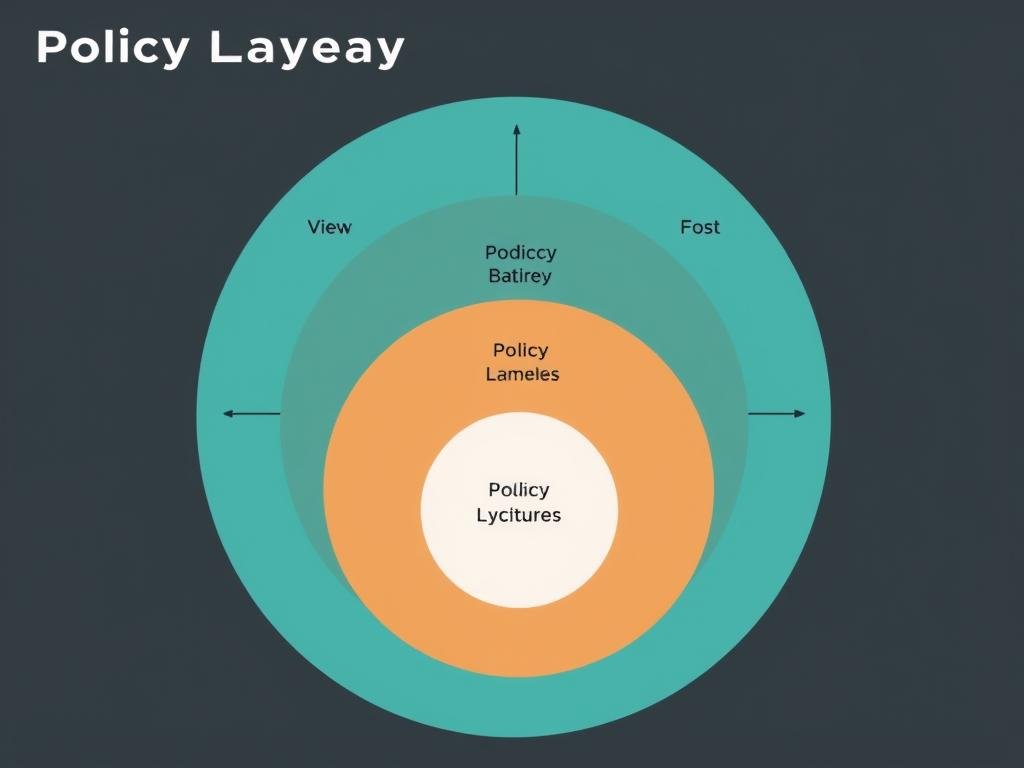
4. Opt for Simplified Underwriting When Appropriate
For seniors with health issues, simplified underwriting policies often provide the best balance of coverage and affordability.
- No medical exam required – Just health questions on application
- Faster approval process – Often approved within days instead of weeks
- More lenient health criteria – Accept more conditions than fully underwritten policies
- Reasonable coverage amounts – Typically up to $50,000-$100,000
Pro Tip: If you have well-controlled conditions like high blood pressure or diabetes, simplified issue policies often offer better rates than guaranteed issue.

5. Time Your Application Strategically
The timing of your life insurance application can significantly impact your approval odds and premium rates.
- Apply before birthday – Rates typically increase on birthdays
- Wait after medical procedures – Allow recovery time before applying
- Stabilize new medications – Wait 3-6 months after starting new treatments
- Consider seasonal factors – Weight and blood pressure often lower in warmer months
Pro Tip: If you’ve recently quit smoking, wait until you’ve been tobacco-free for at least 12 months to qualify for non-smoker rates.

Ready to Find Your Best Senior Life Insurance Options?
Our specialists have helped thousands of seniors aged 70-79 secure affordable coverage, even with health conditions.
or
Call for Expert Guidance: 1-800-123-4567
Frequently Asked Questions About Life Insurance for Seniors 70-79
Can I get life insurance at 75 with health issues?
Yes, seniors can obtain life insurance at age 75 even with health issues, though options may be limited. For moderate health concerns like controlled diabetes or high blood pressure, simplified issue policies often provide reasonable coverage (typically ,000-0,000) with higher but manageable premiums.
For more serious conditions like recent heart attacks, cancer, or stroke, guaranteed issue policies offer an alternative with no health questions. These typically provide ,000-,000 in coverage with a 2-3 year waiting period for full benefits. Some specialized insurers also offer policies for specific conditions, so working with an independent agent who can access these markets is advisable.
Is term life insurance worth it for seniors over 70?
Term life insurance can be worth it for seniors over 70 in specific situations. It’s most valuable when you have clear, time-limited financial obligations that will disappear within the next 10-15 years, such as a mortgage with 10 years remaining, business debts that will be paid off, or income replacement for a dependent spouse expected to live 10-15 more years.
The primary advantage is cost—term policies typically cost 30-60% less than permanent policies for the same coverage amount. However, the disadvantage is that if you outlive the term (which ends at ages 80-85), you’ll have no coverage and will likely be unable to qualify for a new policy at that advanced age.
For many seniors, a combination approach works best: a term policy for temporary needs plus a smaller permanent policy (like final expense) for guaranteed end-of-life coverage.
How much does life insurance cost for a 79-year-old?
At age 79, life insurance costs vary significantly based on health, gender, and policy type. For a healthy 79-year-old male, a ,000 10-year term policy (the maximum term typically available) might cost 0-0 monthly. For females, the same policy might cost 0-0 monthly.
Final expense policies are more common at this age. A ,000 final expense policy might cost 0-0 monthly for males and 0-0 for females in average health. Guaranteed issue policies, which require no health qualification, typically cost 0-0 monthly for a ,000 death benefit regardless of gender.
At age 79, most insurers limit maximum coverage amounts to 0,000-0,000 even for the healthiest applicants. Working with an independent agent to compare multiple companies is essential for finding the best rates.
What’s the difference between final expense and guaranteed issue policies?
Final expense and guaranteed issue policies are both permanent life insurance options for seniors, but they differ in important ways:
Final Expense Insurance:
- Requires answering health questions (simplified underwriting)
- Provides immediate full coverage with no waiting period
- Offers lower premiums for the same coverage amount
- Typically offers coverage from ,000 to ,000
- May decline applicants with serious health conditions
Guaranteed Issue Insurance:
- No health questions or medical exam (guaranteed acceptance)
- Usually has a 2-3 year graded death benefit period
- Higher premiums for the same coverage amount
- Typically limited to ,000-,000 in coverage
- Cannot be declined regardless of health
If you can qualify, final expense insurance offers better value. Guaranteed issue is best for those with serious health conditions who cannot qualify for other coverage.
Can my adult children purchase life insurance for me?
Yes, adult children can purchase life insurance for their senior parents aged 70-79, but specific requirements must be met:
- Insurable interest – Children must demonstrate financial impact from parent’s death
- Parent’s consent – The parent must be aware and provide signed consent
- Parent’s participation – The parent typically needs to complete the health questionnaire and medical exam if required
- Premium payer – Children can pay premiums even if they’re not the policy owner
The most common arrangement is for the child to be both the policy owner and beneficiary while paying the premiums. This avoids potential tax complications that can arise when the three roles (insured, owner, and beneficiary) are held by different people.
Many insurance companies offer specific programs designed for adult children purchasing coverage for elderly parents, particularly for final expense policies.
Conclusion: Finding the Right Life Insurance Coverage for Seniors 70-79
While securing life insurance between ages 70 and 79 presents challenges, viable options exist for nearly every situation. The key is understanding your specific needs, working with knowledgeable professionals, and comparing options across multiple insurers.
Whether you’re seeking to cover final expenses, leave a legacy for loved ones, or protect against outstanding debts, there’s likely a policy type that fits your circumstances and budget. By implementing the strategies outlined in this guide and working with an independent agent who specializes in senior coverage, you can find appropriate protection at the most competitive rates available.
Remember that even small policies can provide significant peace of mind for both you and your loved ones. The most important step is to begin the process and explore your options rather than assuming coverage is unavailable or unaffordable.
Take the Next Step Toward Financial Security
Compare personalized quotes from top-rated insurers specializing in coverage for seniors aged 70-79.
Get Your Free Quote Comparison
Prefer to speak with a specialist? Call 1-800-123-4567


